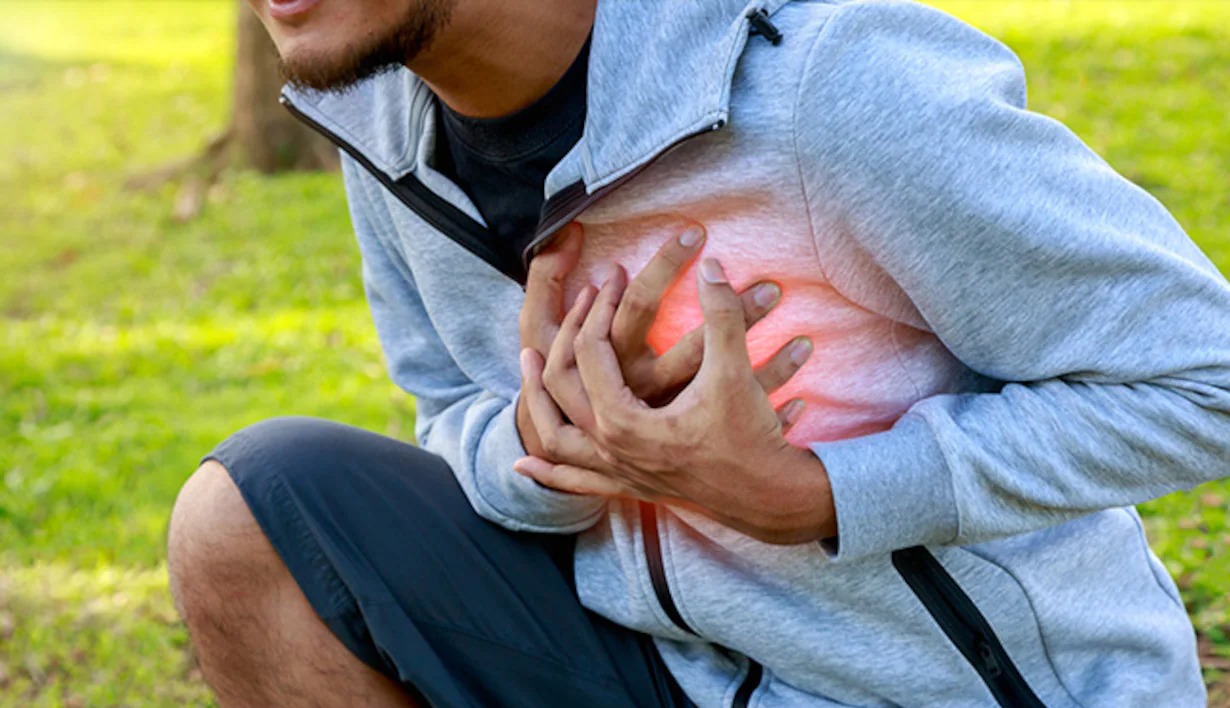MAINTAIN HYGIENE

Hygiene is a practice related to lifestyle, cleanliness, health, and medicine. In medicine and everyday life, hygiene practices are preventive measures that reduce the incidence and spread of germs leading to disease.
1.Home hygiene :-encompasses a set of practices aimed at preventing or minimizing the spread of disease within households and everyday settings, including social gatherings, public transport, workplaces, and other public places. Effective hygiene in various settings plays a crucial role in halting the transmission of infectious diseases.
These practices include:
- Hand hygiene: Regular and thorough handwashing with soap and water is essential to remove pathogens from hands, which can easily spread through contact with surfaces, food, or other people.
- Respiratory hygiene: Properly covering coughs and sneezes with tissues or elbows helps prevent the spread of respiratory viruses and bacteria through droplets in the air.
- Food and water hygiene: Ensuring that food is properly cooked, stored, and handled to prevent contamination, and that drinking water is safe and free from pathogens.
- General home hygiene: Maintaining cleanliness of environmental sites and surfaces within the home, including regular cleaning and disinfection of high-touch surfaces such as doorknobs, countertops, and light switches.
- Care of domestic animals: Practicing good hygiene when handling and caring for pets and other domestic animals to prevent the transmission of zoonotic diseases.
Home health care: Taking precautions when caring for individuals who are at greater risk of infection, such as those with compromised immune systems or chronic illnesses.
2. Personal hygiene:- involves the practices an individual undertakes to maintain bodily health and well-being through cleanliness. These practices are motivated by various factors including reducing personal illness, healing from sickness, achieving optimal health and well-being, social acceptance, and preventing the spread of illness to others. What constitutes proper personal hygiene can vary depending on culture and may evolve over time.
- Common practices associated with proper personal hygiene include:
- Regular showering or bathing to cleanse the body.
- Regular handwashing, especially before handling food, to prevent the spread of germs.
- Washing and caring for scalp hair, which may involve shampooing and conditioning.
- Keeping hair clean and groomed, which may include cutting or styling hair.
- Wearing clean clothing to maintain hygiene and appearance.
- Brushing teeth regularly to maintain oral health.
- Trimming fingernails and toenails to prevent dirt and bacteria buildup.
- Gender-specific practices, such as managing menstrual hygiene for women.




















